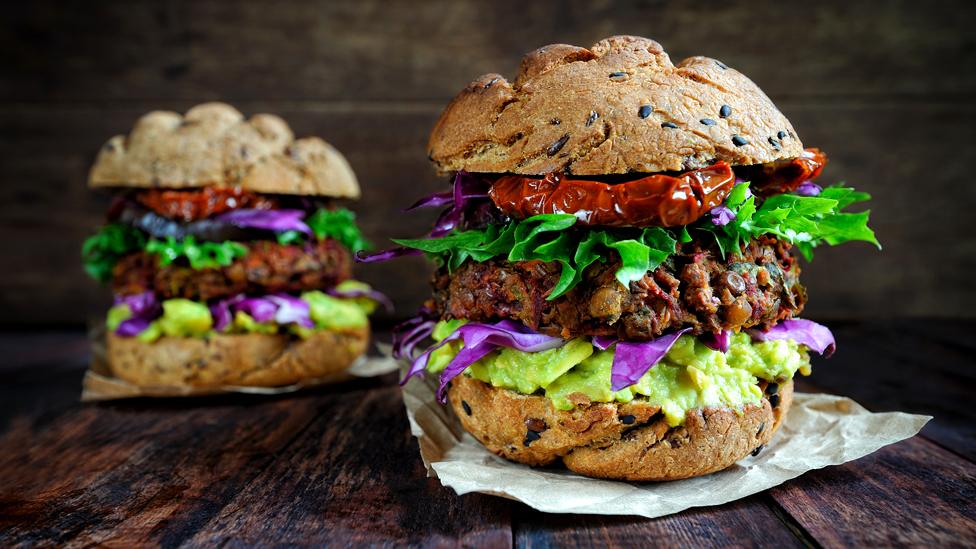Climate change: How to talk to a denier
- Published

What can you do when the people closest to you believe climate change is a hoax?
It was during school pick-up a few years ago that Lance Lawson first asked his father about his views on global warming.
"He basically told me something along the lines of 'It's nonsense'," Lance recalls.
His dad spoke of unscrupulous politicians "fearmongering" for electoral gain. Climate change, he told Lance, was completely "overblown".
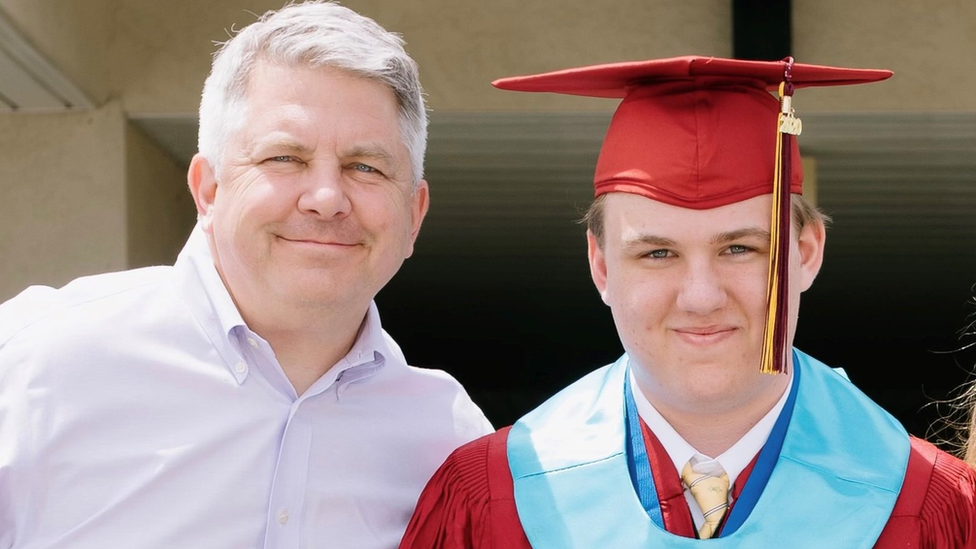
Brian Anderson (left) was convinced climate change was 'nonsense' until his son Lance Lawson started discussing it with him
Lance, now 21, lives with his father, Brian Anderson, in the US state of Florida. He was just a teenager when that conversation happened, but it made a huge impression on him.
"My father is a very smart man," he says. "So I assumed that, if my father is telling me this, then it must be true."
But, as time went on, Lance started realising his father's views weren't backed by scientific evidence - and he decided to challenge him.
"Whenever he drove me to school, I would give my own argument, and he would downplay the evidence. It would force me to acquire new evidence, and that cycle helped expand my own understanding."
'Vessels for communication'
If someone close to you believes climate change is a hoax, you may find it hard to do what Lance did.
Maybe you fear confrontation, maybe you simply don't know how to explain the basic science of global warming.
But Gail Whiteman, professor of sustainability at the University of Exeter, says it's important to talk: "If we don't tackle climate denial and climate indifference, then the uphill battle to find a safer future is lost.
"We need to tackle our teachers, our neighbours... All of us have to become vessels for communication."
But how exactly do you go about starting the conversation?
Reciting the facts isn't always the answer
Sander van der Linden is professor of social psychology at the University of Cambridge, and studies how people get sucked into conspiracy theories.
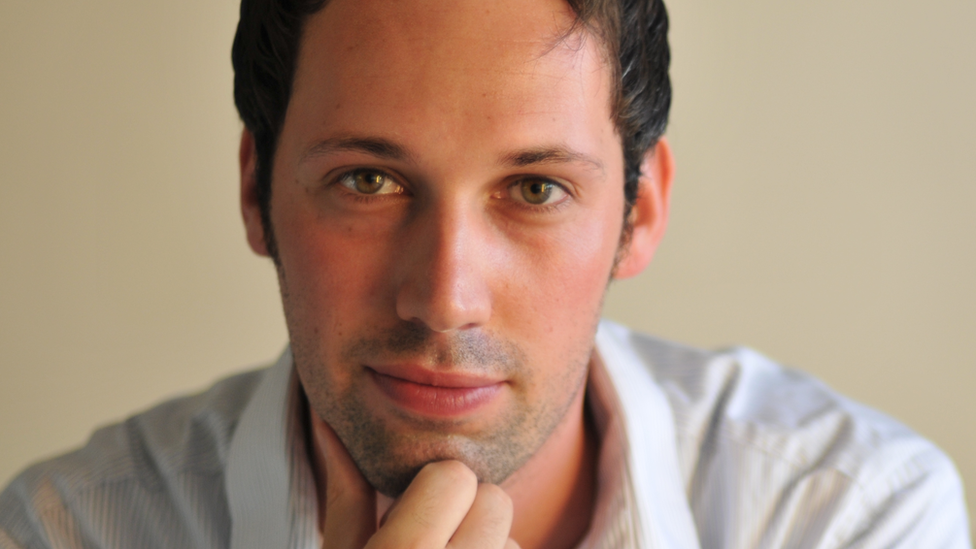
Prof Sander van der Linden says facts don't always change minds - in fact, they might backfire
He says years of research have shown him that confronting people with hard evidence is not the way to go.
While it might be tempting to try to bluntly fight conspiracy theories with facts, "there's a very high chance it backfires".
"Telling people that they don't know what they're talking about, or that they're wrong, just creates more defensive responses."
Lance says there is a common misconception that people who don't believe that climate change is real are "stupid or uneducated".
"But there are a lot of people out there who are just naturally sceptical as part of their personality," he says.
His father, Brian, is one of them - he grew up in rural Minnesota in the 1970s. "It was incredibly cold," Brian says, and this made it hard for him to believe scientists who spoke of a "warming planet".
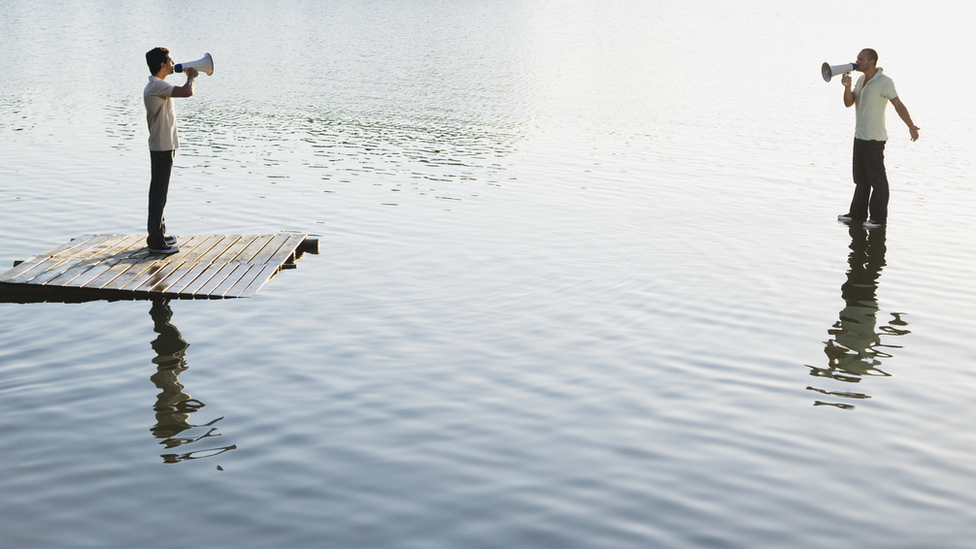
Affirm their worldview
Lance says that his father is a very religious man - so he asked him to assume that climate change might be real, and questioned whether he wouldn't then have a moral responsibility to take care of what God had provided.
"Lance spoke in a language that I could appreciate and understand," says Brian. "You have to approach people in terms of where they're at."
Prof van der Linden believes that changing the minds of climate deniers is impossible without affirming - to some extent - their worldview.
He says it's important to "[expose] techniques of manipulation" by asking questions such as: "Have you considered that some of these theories might be created to take advantage of people?"
'Remain humble'
No-one likes being talked down to, and the same goes for someone engaging with climate change denial.
"You can't convince someone if they perceive that there's a power differential," says Prof van der Linden. "The whole point of a conspiracy is the idea that there are these powerful elites conspiring against us."
Lance's close bond with his dad is something he believes was key to persuading him, but he also says it's important to check your tone: "Ask yourself, 'Am I sounding sanctimonious?' Remain humble. Be gentle."
Is it worth it?
Falling down the rabbit hole of conspiratorial thinking can be a long process - taking months, or even years.
Prof van der Linden believes that thinking you'll win someone over with a single, one-off conversation is simply not realistic: "You have to be content with small wins, and compromise."
And yet, some experts question whether talking to climate change deniers is really worth it.
Abbie Richards researches the spread of misinformation on social media.

Abbie Richards is sceptical about the merit of arguing with climate change deniers
"Effort is better spent on pushing for actual change, rather than trying to combat solidified disinformation that has been pushed... for years," she says.
"But I also think trying to find things that you can agree upon might be more helpful, like [other] policies that we could both get behind."
On TikTok, she debunks disinformation about climate change, but says she's given up trying to engage with hardcore conspiracy theorists.
"I don't give credibility to people who are denying climate science, and I don't want to waste my energy on debunking more of their disinformation."
But Prof van der Linden points out that "some of these dismissive individuals are very loud and have a disproportionate influence on public debate".
"It's quite risky to do nothing, especially when [they] have outsized voices."
'Breathtaking moment'
With time and patience, Lance managed to convince his father that climate change was real - so much so that he was surprised by his own success.
"One time, my dad came downstairs in the middle of the night, so enthused after watching a documentary about deforestation that he was like: 'Lance you won't believe what's going on in the rainforest!'
"It was a breathtaking moment, to see him so engaged."
Do you have a story for us? Get in touch, external.
Related topics
- Published23 July 2022

- Published3 October 2021
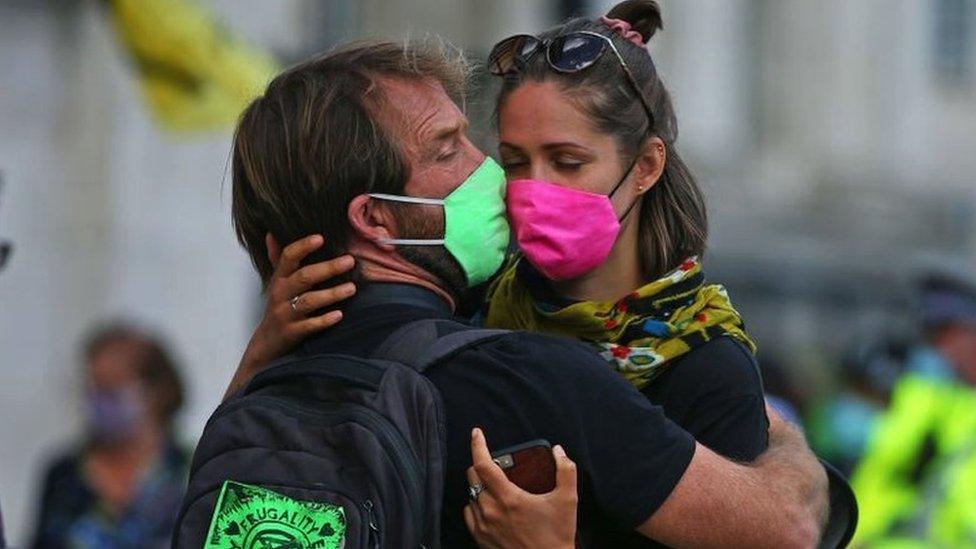
- Published28 April 2022
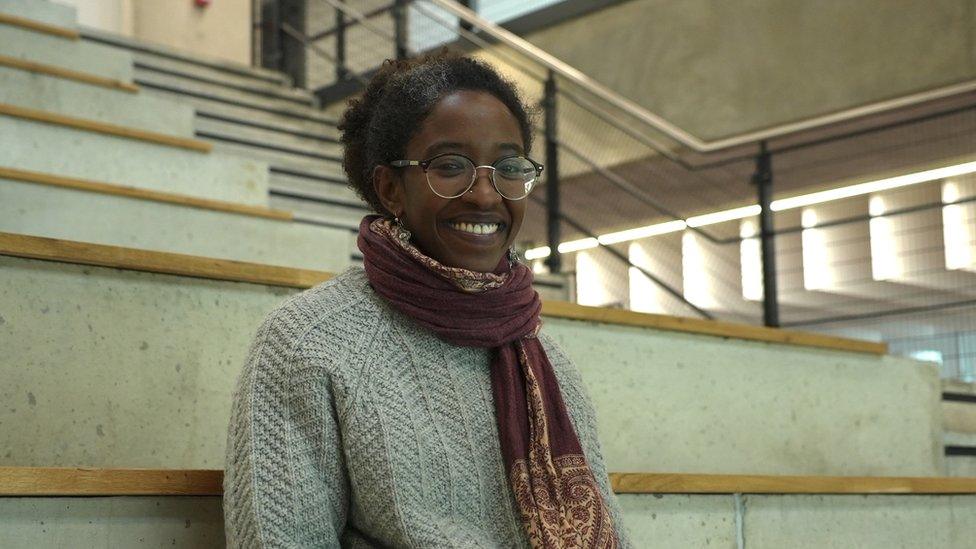
- Published25 October 2021
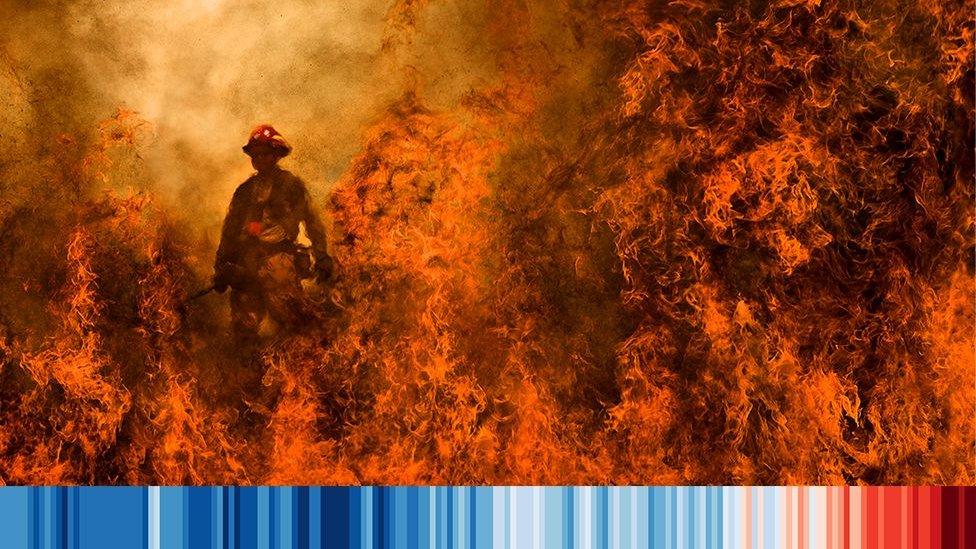
- Published20 May 2020
